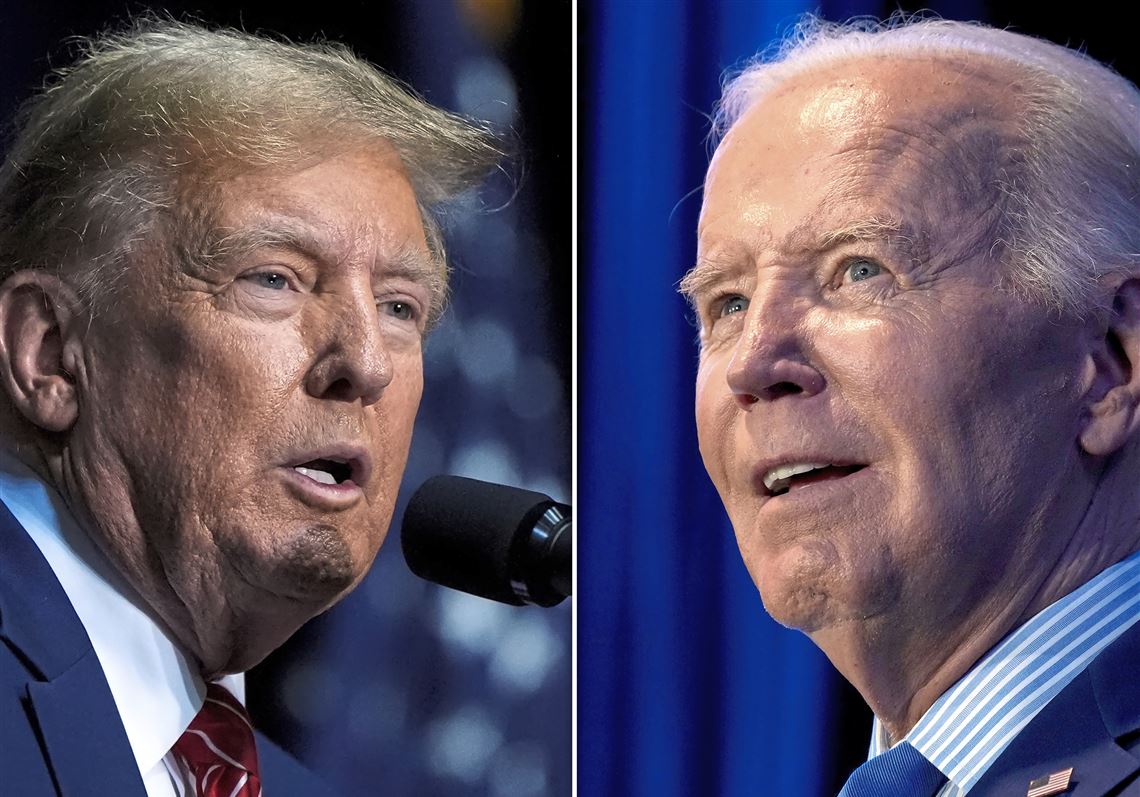Politics
A Divisive Presidential Race: Challenges Facing Trump and Biden and Their Potential Successors

The countdown to the next presidential election in the United States is increasingly fraught with uncertainty and disillusionment. As the campaign heats up, voters are left grappling with a disheartening choice: a disgraced former president, a veteran leader showing signs of decline, a controversial vice president, and an opportunistic running mate. The state of American democracy appears precarious as it enters a critical phase.
Donald Trump leads the Republican ticket, presenting himself as a victim of an unjust system despite a series of legal challenges and personal scandals. At 78 years old, his behavior and rhetoric have raised questions about his mental fitness and moral compass. Characterized by a troubling lack of empathy, Trump continues to underscore his narrative of persecution, portraying an image of righteous defiance in the face of adversity.
Meanwhile, Joe Biden holds the Democratic helm but faces mounting pressure regarding his viability as a candidate for a second term. At 81, Biden’s age has become a focal point of criticism, with many Democrats voicing doubts over his capacity to lead effectively. His sentiment of being the only one capable of defeating Trump is increasingly viewed as misguided, with some party members quietly wishing for an alternative.
As the Democratic Party grapples with the specter of Biden’s potential exit, Vice President Kamala Harris emerges as the likely heir apparent. Harris, who has been in office since 2021, enjoys a complicated relationship with the electorate, evidenced by her low favorability ratings. Despite her advocacy for numerous progressive issues, her perceived ineffectiveness in addressing the ongoing crisis at the southern border has undermined her standing.
The internal strife within the Democratic ranks is palpable; former leaders like Barack Obama and Bill Clinton exhibit a reluctant silence, perhaps harboring the hope that Harris will rise to the occasion or that Biden will falter spectacularly. The prospect of Biden stepping down is complicated by the absence of a clear protocol for replacing an incumbent president, leaving potential successors in a precarious position.
On the opposite end of the political spectrum, JD Vance, Trump’s running mate, presents a stark contrast to traditional Republican ideals, successfully positioning himself as a voice for populism among conservatives. However, despite his self-proclaimed rustic origins, questions linger regarding the authenticity of his claims and ideology, especially when juxtaposed with his previous criticisms of Trump and the establishment.
While Vance is less well-known among the general populace, his loyalty to Trump now shapes his narrative, as he seeks to position himself as the future of the MAGA movement. His hardline stances on contentious issues such as abortion, immigration, and trade further entrench the polarization of an electorate already reeling from the extremes presented by both major parties.
As the campaign gears up towards Election Day, many observers fear that voters will be left with choices that are deeply unsatisfactory. The landscape is rife with candidates embodying a mix of dangerous rhetoric and basic political grandstanding, raising concerns over the future direction of not just the presidency but the fundamental tenets of American democracy.
The implications of this electoral cycle are significant, as both major parties grapple with their own identities and the consequences of their leadership selections. With just months remaining before the election, time is running short for a potential recalibration or intervention that might steer the nation towards a more viable political outcome.












